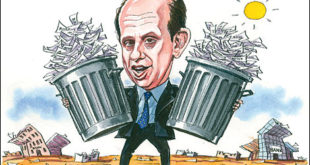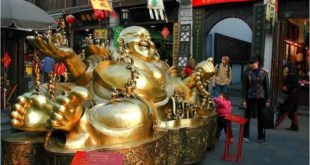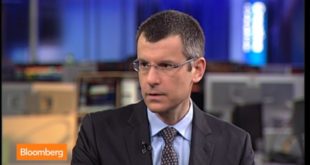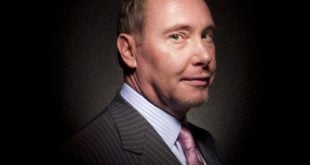If my rantings about the Chinese culture being one that is born through trickery and piracy, look no further than the statements from the head of their top company, Jack Ma, from Ali Baba.
In an unbelievable candid interview, Ma pointedly said that fake items were better and cheaper. After all, most of the OEMs are located in China. The IP for our products aren’t respected. These people are pirates, salivating to steal from the ingenuity of others, siphoning off respected brands that have been developed and perfected by professionals.
This is the result of a policy that opted to utilize cheap Chinese labor, where laws for IP do not exist. They have fake Apple, McDonald’s and Starbucks stores for fucks sake. Do you think they’d, for a second, hesitate to rip off your brilliant idea once they had the blueprint for them?
“The problem is the fake products today are of better quality and better price than the real names. They are exactly the [same] factories, exactly the same raw materials but they do not use the names,” he said during a speech on Tuesday at Alibaba’s headquarters in Hangzhou.
“We have to protect [intellectual property], we have to do everything to stop the fake products, but OEMs are making better products at a better price,” he added, referring to original equipment manufacturers that typically make products for branded sellers.
In May,Alibaba was suspended from the International Anticounterfeiting Coalition, a watchdog for the retail industry, over similar concerns about knock-offs.
“You can’t stop Alibaba for two hours otherwise it’s going to be a disaster for China. You can stop Tencent for two days, you can stop Baidu for two weeks and everything will still be OK,” he said referring to Alibaba’s two closest competitors.
“The way of doing business has changed for the brands. It’s not the fake products, its not the IP that is destroying them. It’s the new business model that’s revolutionised the whole world,” said Mr Ma.
In April 2015, Alibaba launched a programme to help Chinese factories develop their own brands dubbed “Zhongguozhizao” or “Quality made in China” in an effort to discourage them from producing counterfeits.
Upon birth, each Chinese citizen is taught to steal and lie, to manufacture goods and dump them onto the shores of America at cut throat prices.
Absolutely disgraceful.
Comments »
















